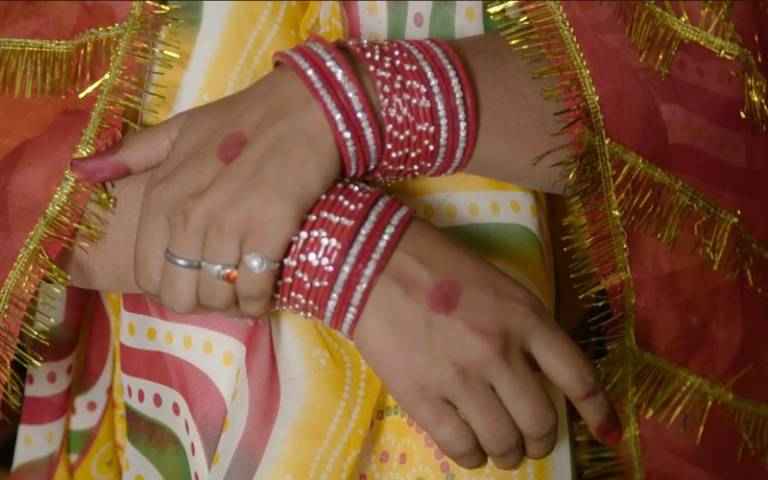Global network challenges child marriage to protect children’s mental health
A global network coordinated by the UCL Institute for Global Health is shining a light on child marriage and how it affects young people’s mental health, to help to manage the impacts of the practice.

7 October 2020
Child marriage is a global issue that extends beyond country borders, cultures and religion. It affects 14 million children every year, one-fifth of them boys.
UCL’s cross-disciplinary Institute for Global Health (IGH) is home to the Global Network on Mental Health and Child Marriage, which works with partners across Africa, Asia, Europe and the Americas to reduce the burden of forced and child marriage on mental health by improving policy, research and advocacy.
“Despite most countries recognising that early and forced marriage can have serious health consequences for the individuals concerned, mental health rarely makes it to any list, and if it does, responses and supports are lacking,” explains Dr Rochelle Burgess (UCL IGH), who is leading the project.
The network is spearheading two studies in this area. The first, will identify priorities for addressing the mental health needs of people married young, including boys, working with experts, including women who have had first-hand experience of the practice.
in a second project, Dr Burgess is working with the Rozaria Memorial Trust and Women's University in Africa to map the impacts of child marriage within family and community networks in Zimbabwe, where 1 in 3 are married before the age of 18. They will develop community-led solutions to child marriage and its mental health consequences.
“Our work aims to increase awareness of the prevalence of child marriage and the mental health needs of those affected,” Dr Burgess says.
In some poorer communities in Nepal, up to 85% of girls are married before they are 19 years old. The government there recognises the problem and yet the custom, ingrained over generations, continues.
In another strand of the network’s research, Dr Delan Devakumar (UCL Institute for Global Health) collaborated with local partners in Nepal to produce and implement a public engagement project to help tackle the issue. Working with a local filmmaker, the team produced a documentary telling the stories of couples who were married young and how child marriage affected their lives physically and psychologically.
The film, accompanied by facilitated discussions, has reached more than 1,800 people living in village communities in the rural plains of Nepal where child marriage is common.
“Through this engagement process we have catalysed discussion and are taking positive steps towards reducing child marriage in Nepal,” explains Dr Devakumar.
 Close
Close


